Here at Affinity we believe in mutually beneficial mentoring relationships. We understand the the importance of continual community impact and in-reach-it takes a village. We enjoy hearing stories of how mentoring changes the lives and well-being of not only our students, but also our mentors. We appreciate community partners like Lexie and FWF who choose to continue making impact on students and families through Affinity Mentoring! Take a quick read of Lexie’s story below!
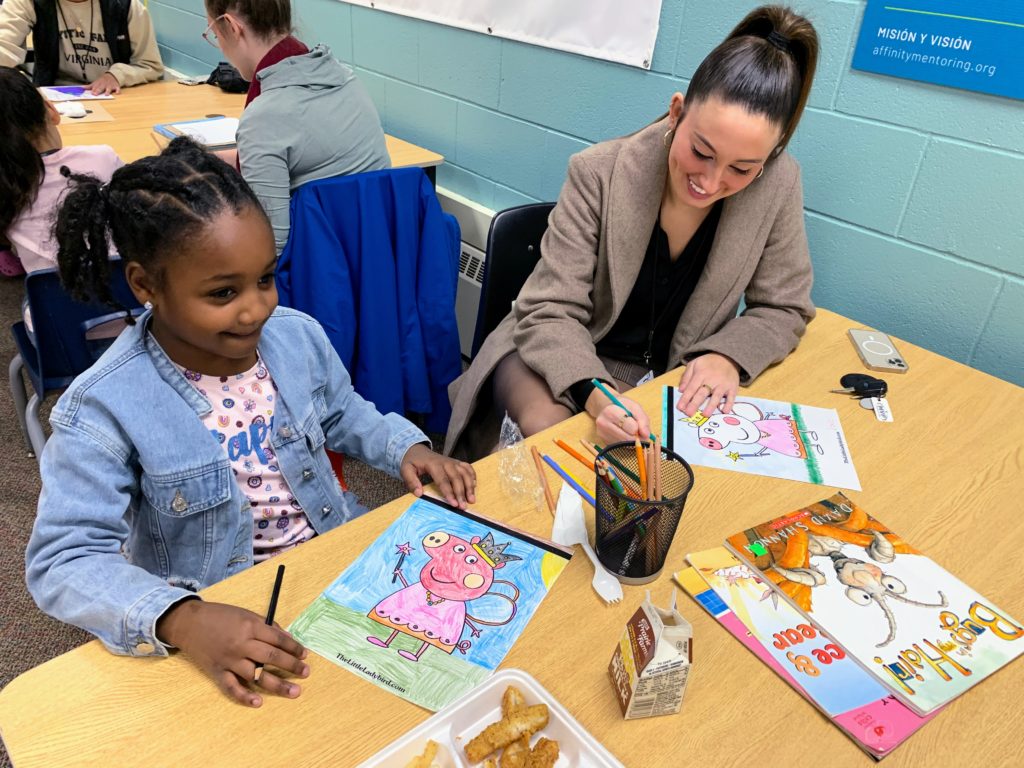
My name is Lexie Klunder and I am 23 years old. I went to Rockford High School and graduated with my BBA, Marketing and Sales from Grand Valley State University. After graduating, I began my career at Fifth Wheel Freight (FWF), a 3PL located in Kentwood, MI, in June of 2021. It has been an absolute joy to work alongside some of the most genuine and caring team members. Every day they are pushing me to be my best self, both personally and professionally.
I chose to volunteer at Affinity Mentoring when FWF presented the incredible opportunity. I knew that mentoring would be a great opportunity to push me out of my comfort zone, and it has in ways I could have never imagined. The Affinity Mentoring team provides a seamless and excellent experience for their mentors. Starting from the beginning of my journey with training up until the first day with my mentee, the Affinity Mentoring team was truly dedicated to giving 110% to make the experience incredible.
A special gift I see in my mentee is her ability to connect, care, listen, and empathize with others. From the start, she would ask me questions about my life and who I am. Her ability to connect and initiate conversation is admirable. When we walk down the hallway, she is constantly saying hello to everyone. She knows each of her classmates’ names, and she knows nearly every staff member. Every session, she greets me with a warm hug and a big smile. It is amazing how special it is to make that connection with my mentee.
One thing I wish everyone knew about mentoring is that it is not as intimidating as it may seem. I was not sure how I would get to know my mentee, and was nervous if we would be able to connect. The Affinity Mentoring staff does an amazing job from the start of the matching process, all the way through with their training program for new mentors. The site coordinators could not have been more spot-on with the mentee I was paired with. We share very similar interests and hobbies, along with our personal values.
I will never forget my first day of mentoring. All of the students were patiently waiting outside of the classrooms, lined up in the hallways awaiting the arrival of their mentors with excitement. When I saw my mentee, she ran up to me and hugged me. I did not realize how much mentoring would impact my life. My mentee continues to teach me more and more each week in every session we share together. I cannot wait to continue my journey as a mentor, and I cannot wait to see my mentee grow in the years ahead.

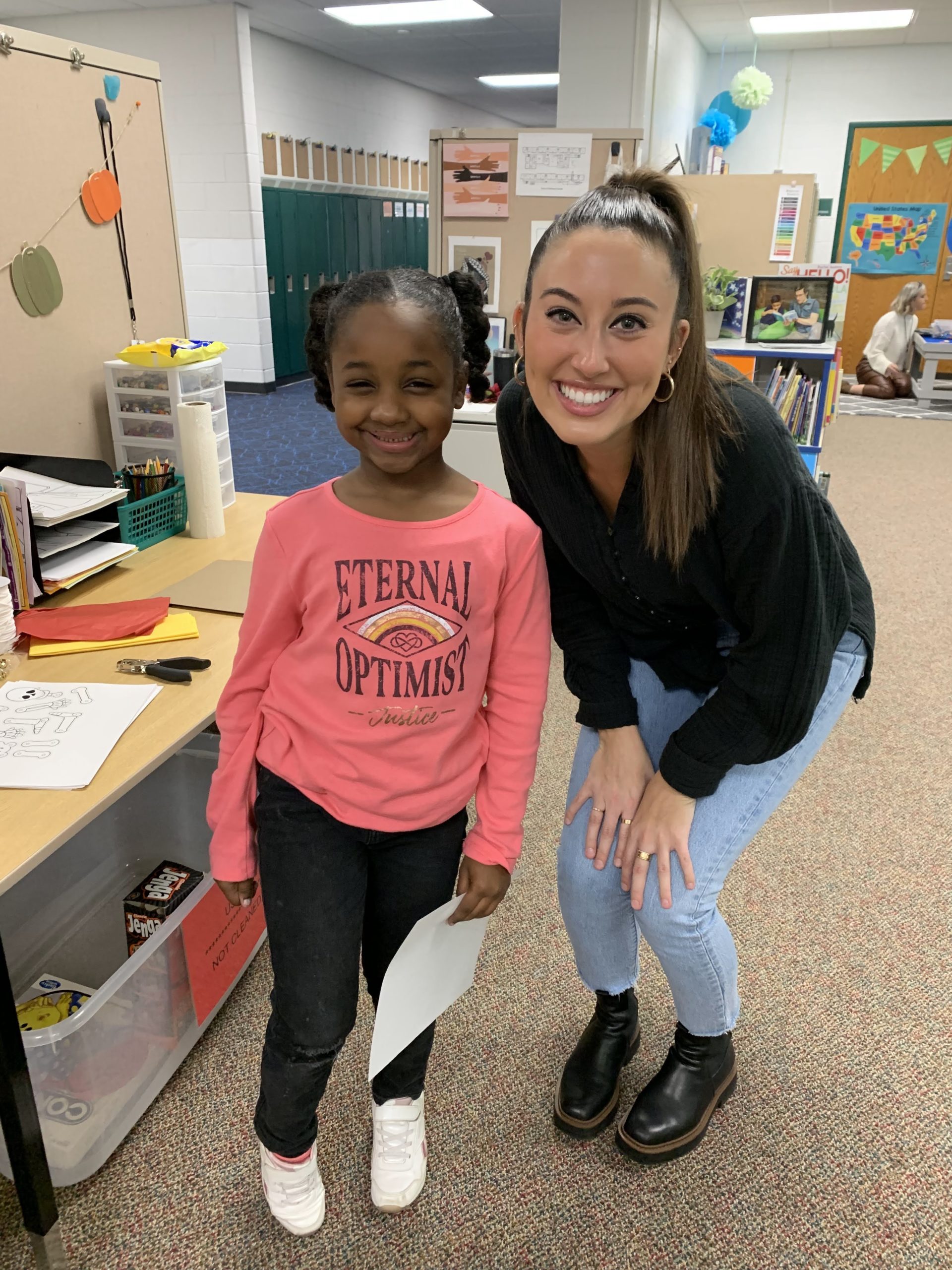
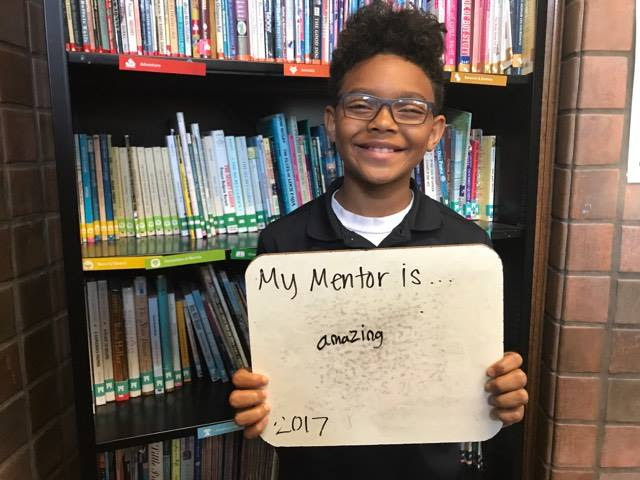
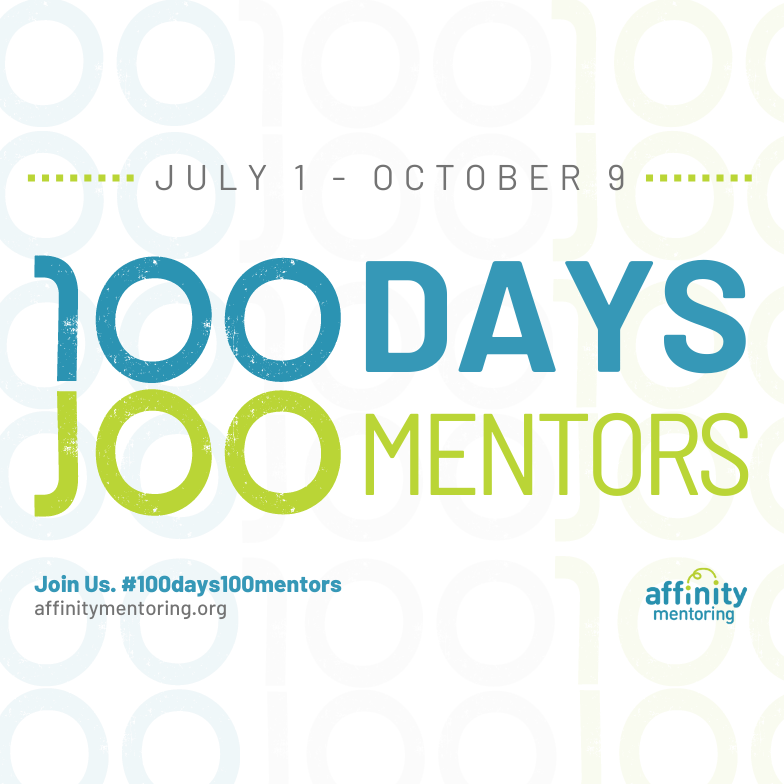
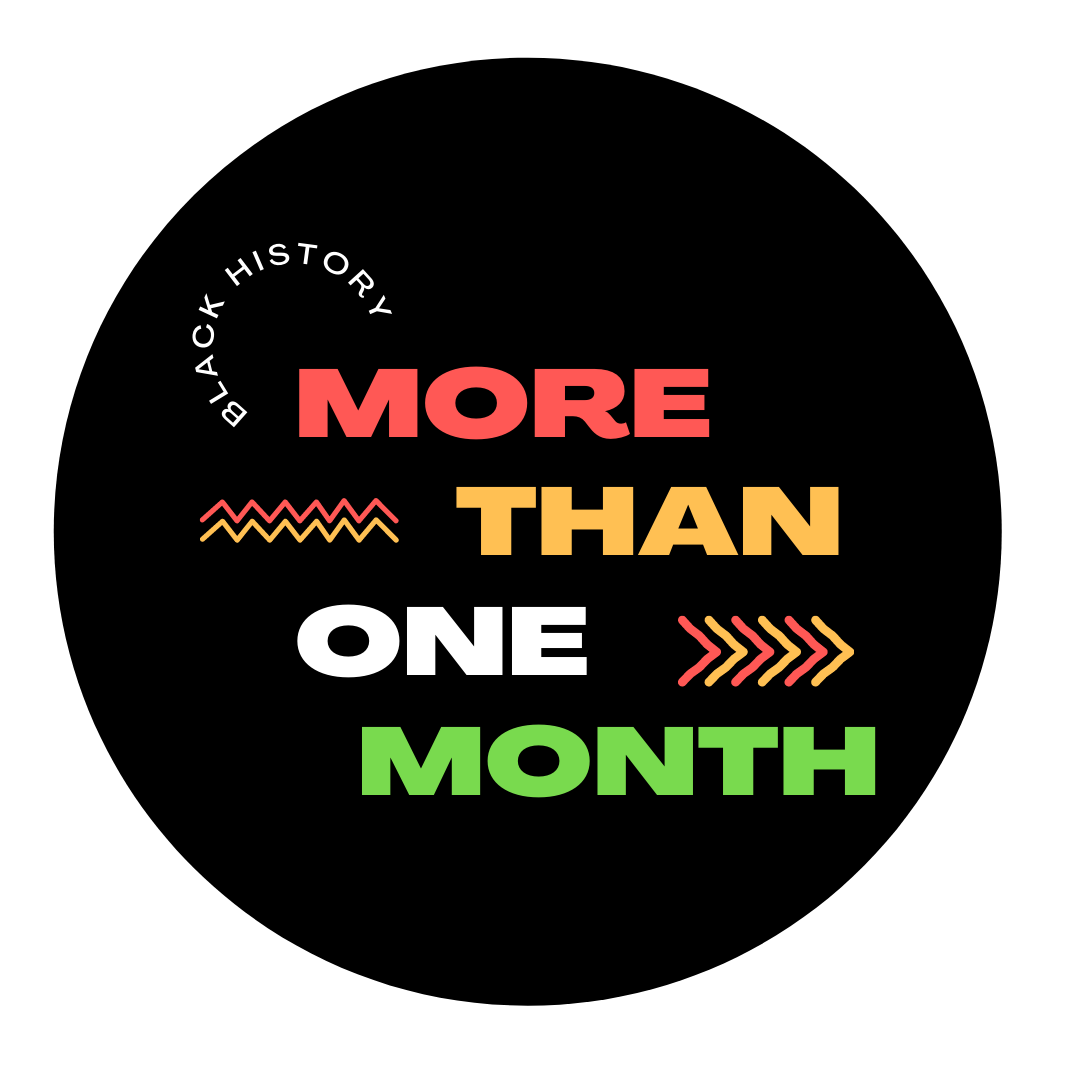
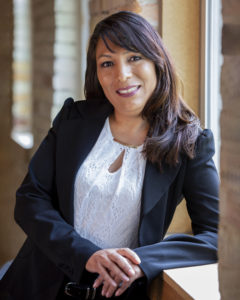
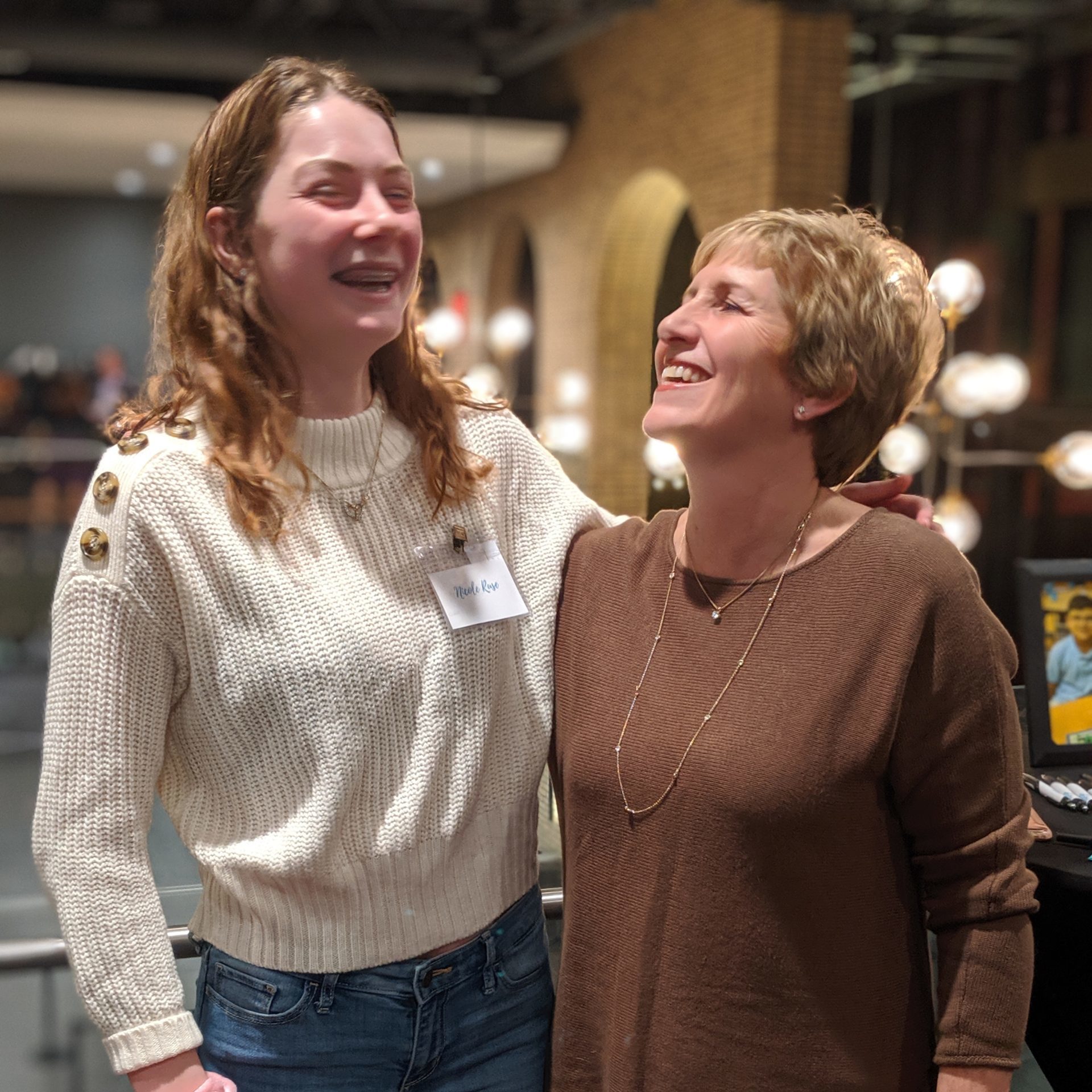
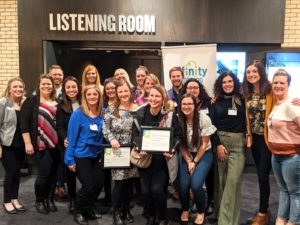 2020 Priceless Partner: Gordon Food Service
2020 Priceless Partner: Gordon Food Service